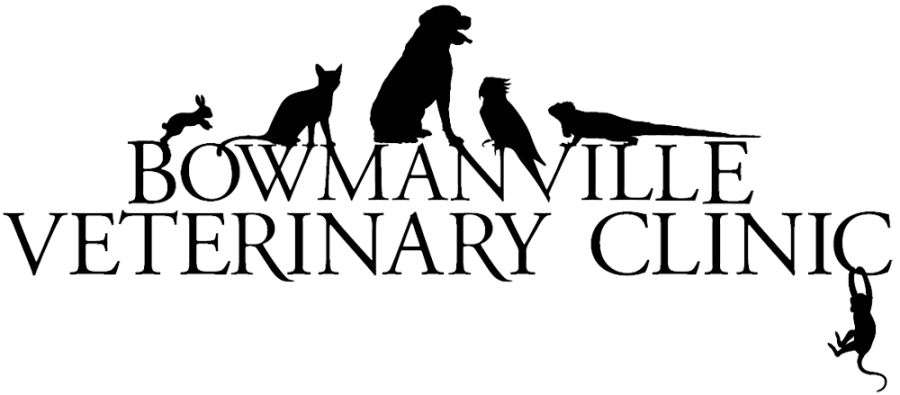The following press release was issued by Health Canada on April 11th, 2011 through their Media News Service.
Health Canada is reminding pet owners to carefully read and follow all label directions for pesticide products that control fleas and ticks on cats and dogs, especially those that are applied directly to pets' skin.
Improper use of these products can potentially lead to adverse reactions in cats and dogs. Skin irritation is the most common symptom. Other reactions can be neuromuscular, such as tremors, or gastrointestinal, such as vomiting.
Pet owners using these products should:
Read the label carefully before use, and follow the directions exactly. Labels of all flea and tick products outline their proper use.
Use flea and tick control products only on the animal specified on the product's label--dog products for dogs, and cat products for cats.
Use only the amount indicated for the age and weight of the animal being treated to prevent overdosing in small animals.
Pet owners concerned about the use of flea and tick products should discuss the situation with a veterinarian or a product's manufacturer.
A video on the safe use of flea and tick treatment is available on Health Canada's website.
Pesticide products for flea and tick control that are applied to the skin of an animal are registered for sale in Canada under the Pest Control Products Act, and will have a Pest Control Product (PCP) number on the packaging. This update does not include flea and tick products that are sold as veterinary drugs, identified by a Drug Identification Number (DIN).
Only flea and tick products with either a PCP or a DIN number on them should be used on pets to ensure that the products have been reviewed by Health Canada for safety and effectiveness.
Report any adverse events to the manufacturer, who is required by law to report it to Health Canada. Contact information can be found on the product label. You may also report an incident for products with a PCP number directly to Health Canada by completing a domestic animal incident form and returning it by mail to the appropriate address.
Report any adverse events to the manufacturer, who is required by law to report it to Health Canada. Contact information can be found on the product label. You may also report an incident for products with a PCP number directly to Health Canada by completing a domestic animal incident form and returning it by mail to the appropriate address.
For more information, consumers can contact the Pest Management Information Service, toll-free, at 1-800-267-6315.

